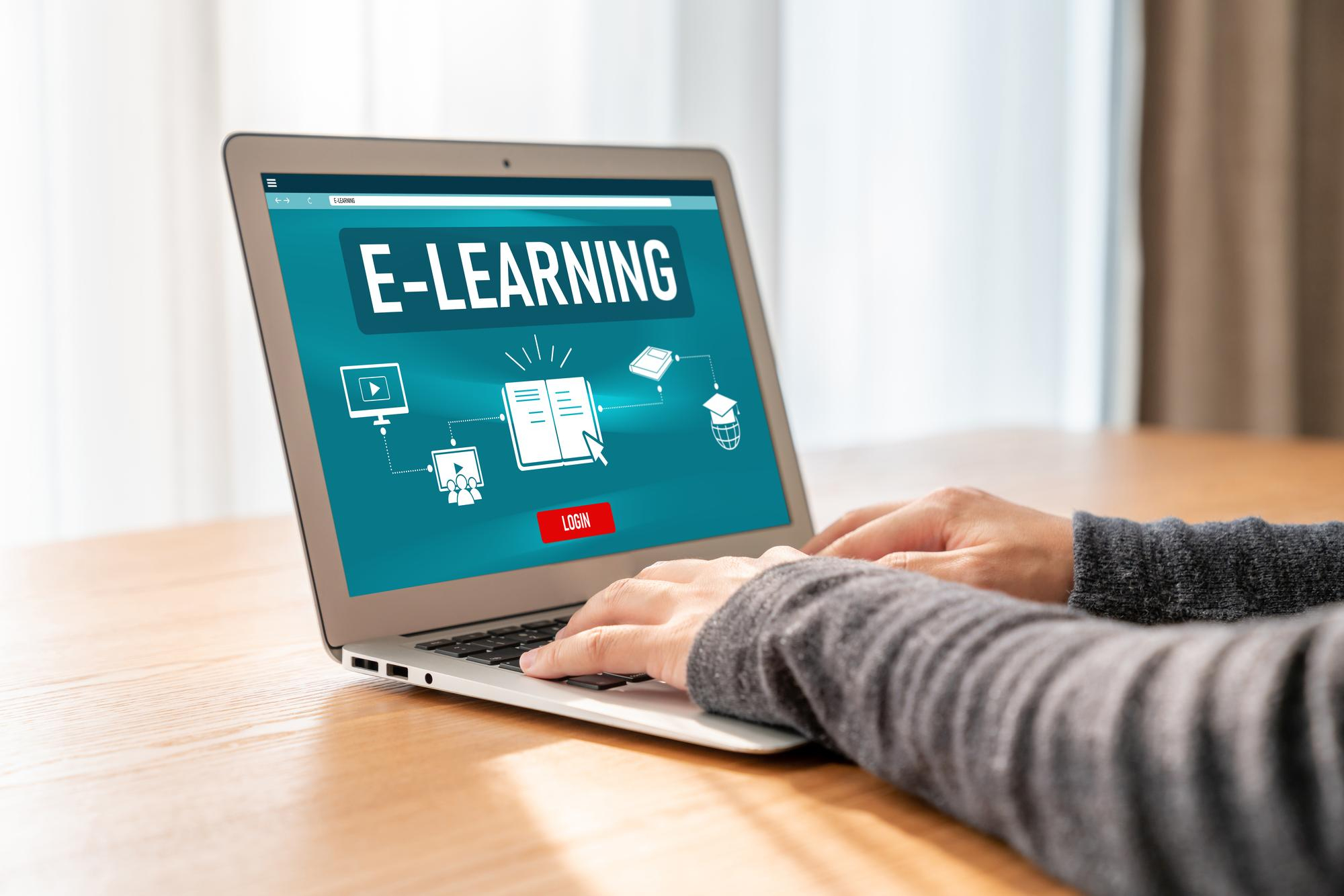How E-learning is transforming medical education

E-learning is significantly reshaping medical education, offering numerous advantages and transforming how medical professionals learn and stay updated. Here's a breakdown of key ways e-learning is making an impact:
Key Transformations:
- Increased Accessibility and Flexibility:
- E-learning removes geographical barriers, allowing medical students and professionals to access education from anywhere in the world.
- It offers flexibility in learning schedules, enabling individuals to balance education with other commitments.
- Personalized Learning:
- E-learning platforms can tailor learning experiences to individual needs, allowing learners to progress at their own pace and focus on areas where they need improvement.
- Adaptive learning technologies can adjust the difficulty and content of learning materials based on a learner's performance.
- Enhanced Simulation and Virtual Reality (VR):
- VR and simulation technologies provide immersive learning experiences, allowing students to practice medical procedures and handle complex scenarios in a safe and controlled environment.
- This is particularly valuable for developing practical skills and decision-making abilities.
- Continuous Learning:
- E-learning facilitates continuous professional development, enabling medical professionals to stay up-to-date with the latest advancements in medicine.
- Online courses and resources provide easy access to new research, techniques, and best practices.
- Blended Learning:
- Many medical institutions are adopting blended learning approaches, combining online learning with traditional classroom instruction and clinical experiences. This approach leverages the benefits of both methods.
- Improved Knowledge Retention:
- Interactivity within E-learning, through things like quizzes, and scenario-based learning, help to improve knowledge retention.
Impact on Medical Education:
- E-learning is helping to address the growing demand for medical education and training.
- It is improving the quality of medical education by providing access to high-quality resources and expert instruction.
- It is fostering a culture of lifelong learning among medical professionals.
In essence, e-learning is making medical education more accessible, flexible, engaging, and effective, ultimately contributing to better patient care.
Browse E-learning Healthcare Courses UK
